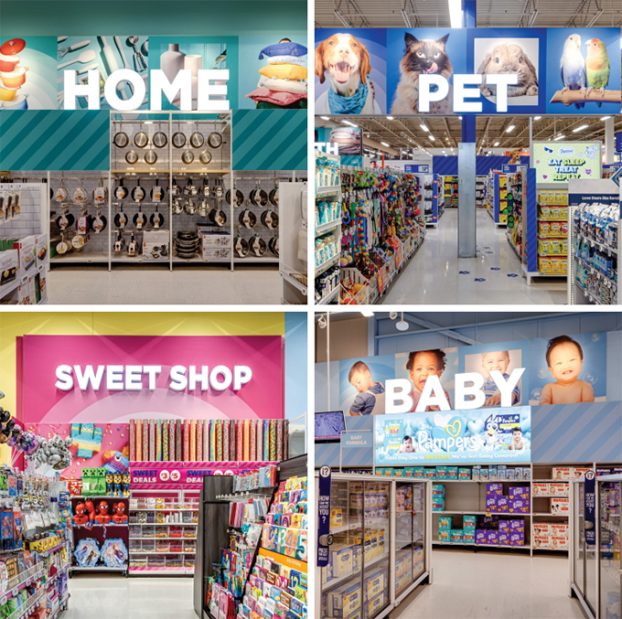Despite the efforts many companies have made to engage with and improve upon it, the number of talents who say they would still leave the global marketing industry due to a lack of diversity, equity and inclusion is unchanged from last year.
These insights are among the many gleaned by the 2023 Global DEI Census, a survey supported by industry groups covering 91 countries. It drew nearly 13,000 responses in March and April of this year.
The willingness to leave is not due to a lack of recognition of DEI efforts. In fact, 72% of global respondents and 87% in Canada acknowledge that the industry is trying to improve the lived experiences of specific groups. Still, people among those groups remain likely to leave the industry, with disabled respondents (24%) and those belonging to an ethnic minority (22%) leading the pack, while 2SLGBTQ+ (17%) individuals and women (16%) are also more likely to consider exits.
The survey also found that, while discrimination has been on the decline, negative behaviours persisted. Women (41%), parents (42%) and caregivers (39%) felt that their familial responsibilities were hindering their career, while disabled respondents (39%), women (30%) and ethnic minorities (30%) all were more likely than their counterparts to say they are unfairly spoken over in the workplace. Nearly a half of disabled respondents said they felt undervalued compared to colleagues of equal competence (42%), while 33% of ethnic minority respondents and 31% of women said the same.
Further, the lived experience of disabled employees was markedly worse than their non-disabled colleagues (45% having a positive experience versus 67%), while women (61%) reported worse lived work experiences than men (69%). Ageism is also a concern, at both ends of the spectrum: 18% of people aged 55 to 64 and 12% of those aged 18 to 24 said they had experienced discrimination based on their age.
All of these concerns are having significant impact on employee health. Globally, 27% of respondents agreed that their work is “having a negative physical impact on health and mental health.”
Still, the Census found Canadian respondents were more optimistic than their global peers about improvements made by the industry, with 63% of Canadians saying things had improved since 2021 – 13% more than the global figure.
“Canada is leading in the attempts to improve the lived experiences of key groups in our industry. By no means are we near where we should be, but it is promising to learn that our peers are starting to feel and recognize the changes that are occurring,” says Davina Wong, director of membership for the Association of Canadian Advertisers, one of the international partners on the survey. “The industry has spoken, and now’s the time to stay focused on moving the needle toward a more diverse, equitable and inclusive industry.”
In Canada, the census was supported by 12 advertising associations and media partners, including Ad Standards, A2C, Canadian Directors Media Council (CDMC), Digital Advertising Alliance of Canada (DAAC), IAB Canada, ICA, Pride AM, the Multicultural Marketing Alliance of Canada (MMAC), ThinkTV, strategy, Marketing News Canada and Grenier aux Nouvelles. A Canadian-specific report will be released in July.
























